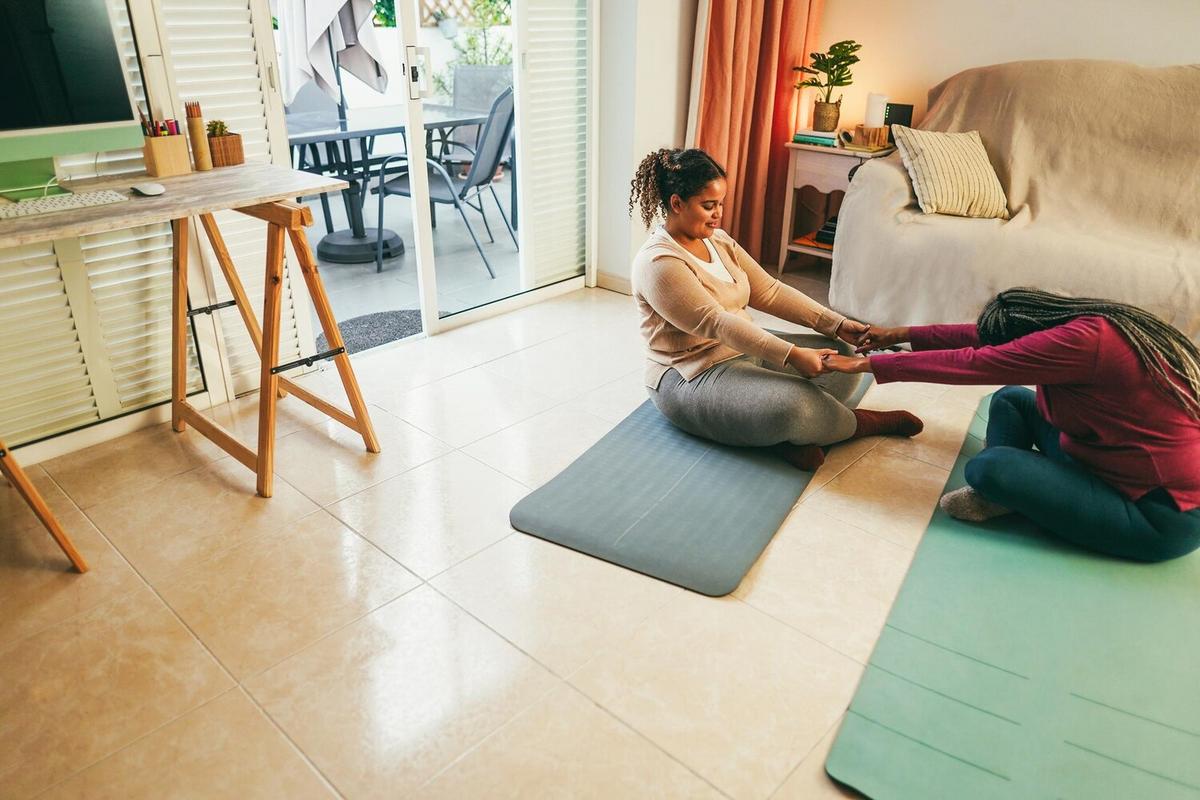
The Impact of Regular Home Exercise on Mental Health
Amidst the hustle and bustle of our daily lives, finding time for regular exercise at home can be a game-changer for our mental well-being.
With the increasing demands of modern life, prioritizing mental health is more crucial than ever. Home exercise offers an accessible and effective way to support mental wellness. Regular physical activity has been shown to release endorphins, often referred to as ‘feel-good’ hormones, which can help alleviate symptoms of anxiety and depression. A study published in Psychology Today highlights that individuals who engage in regular physical exercise report better mental health and emotional resilience.
The Psychological Benefits of Home Exercise
Exercise is not just about physical fitness; it plays a significant role in mental health. According to Dr. Lucas Monroe, a clinical psychologist, “Incorporating regular exercise into your routine can serve as a powerful tool for managing stress and improving mood.” This is supported by research indicating that home exercise can reduce cortisol levels, a stress hormone, and promote relaxation.
Statistics and Research Findings
Recent statistics reveal that 30 minutes of moderate exercise, such as yoga or aerobics, five times a week, can significantly improve mental clarity and emotional stability. The World Health Organization (WHO) also supports this, noting the positive impact of physical activity on reducing symptoms of depression and anxiety.
Real-Life Example
Consider Celeste, a working professional, who turned to home workouts during a particularly stressful period. She found that regular morning exercise sessions not only boosted her energy levels but also improved her overall mood throughout the day. Celeste’s story is a testament to the transformative power of home exercise on mental health.
Actionable Tips for Mental Well-being
- Set a consistent workout schedule that fits your lifestyle.
- Incorporate a mix of aerobic, strength, and flexibility exercises.
- Use online resources for guided workout sessions.
- Monitor your progress and set achievable goals to stay motivated.
Comparison Table: Home Exercise vs. Gym Workouts
| Aspect | Home Exercise | Gym Workouts |
|---|---|---|
| Cost | Low | High |
| Convenience | High | Moderate |
| Privacy | High | Low |
| Flexibility | High | Moderate |
| Equipment Access | Limited | Extensive |
| Motivation | Self-driven | Class-driven |
| Environment | Controlled | Varied |
| Social Interaction | Low | High |
Frequently Asked Questions
Is home exercise as effective as going to the gym?
Yes, home exercise can be equally effective if done consistently and with the right intensity.
What equipment do I need for home workouts?
Basic equipment like dumbbells, resistance bands, and a yoga mat can enhance your workouts, though many exercises require no equipment at all.
How can I stay motivated to exercise at home?
Setting specific goals, creating a workout schedule, and tracking your progress can help maintain motivation.
Conclusion
In summary, regular home exercise offers numerous benefits for mental health, from reducing stress to improving mood and overall emotional well-being. By integrating exercise into your daily routine, you can take a proactive step towards enhancing your mental health. Start today and experience the positive changes for yourself.


